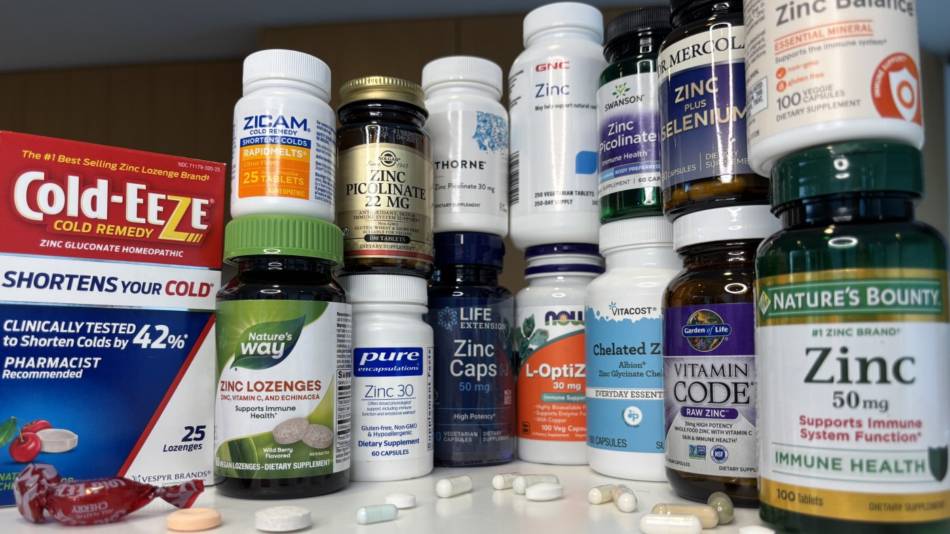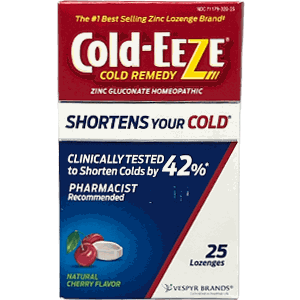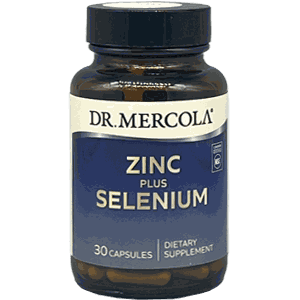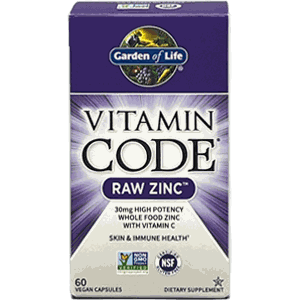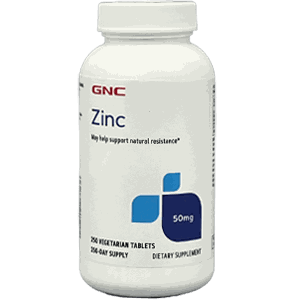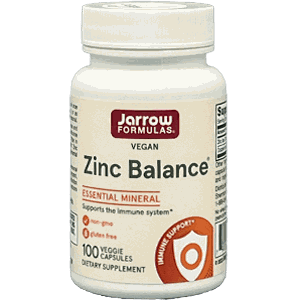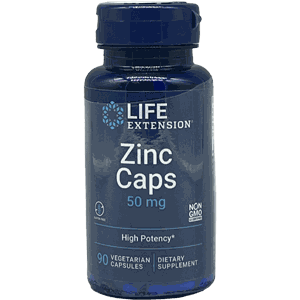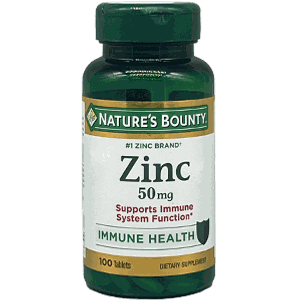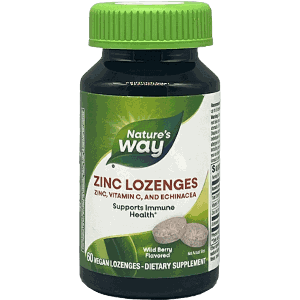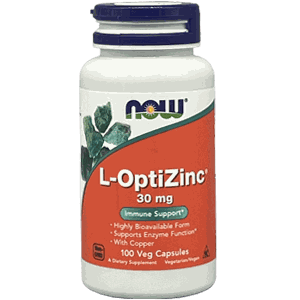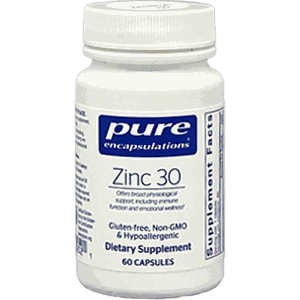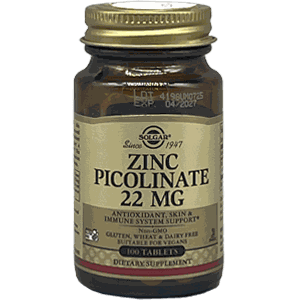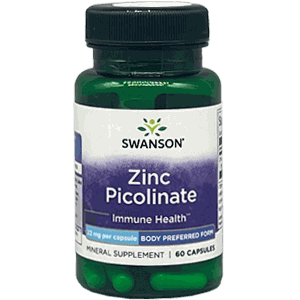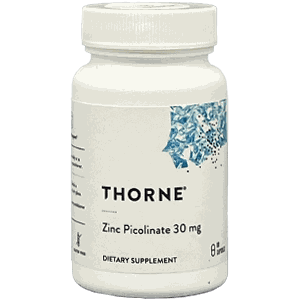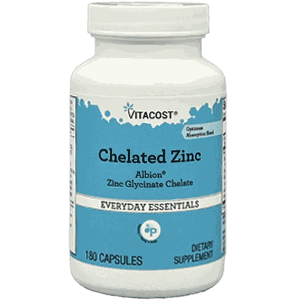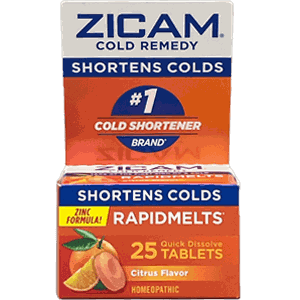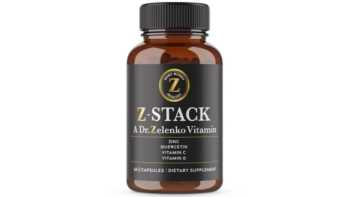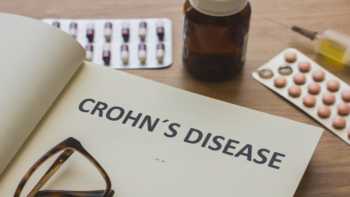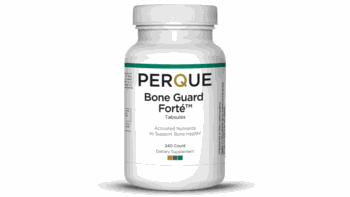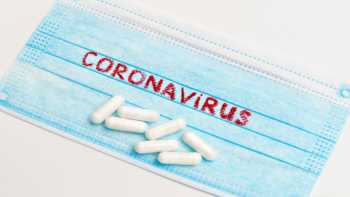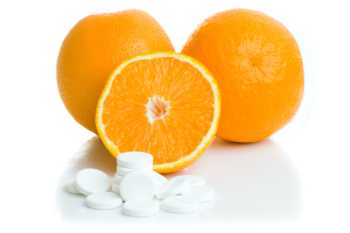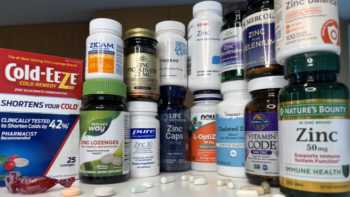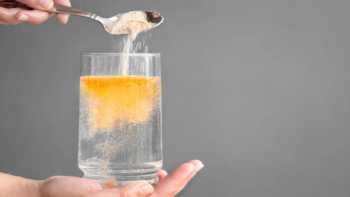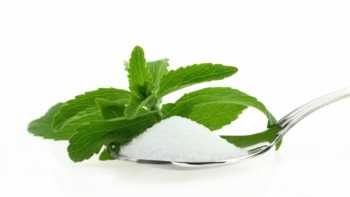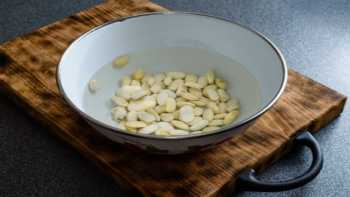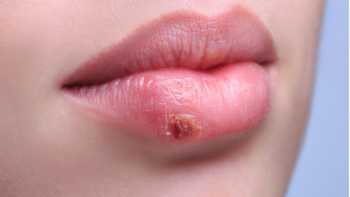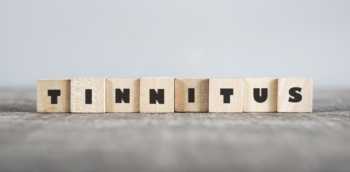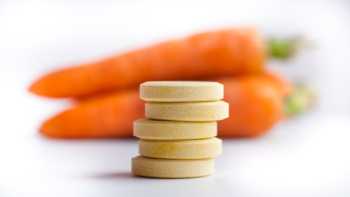Summary
-
What is zinc?
Zinc is an essential mineral, one of the few nutrients for which a mild deficiency is not uncommon (see What It Is). Zinc is naturally found in meats and other foods (see Getting Zinc — From Food) -
Who is most likely to be zinc deficient?
Mild zinc deficiency can occur with the use of acid-blocking medications and certain blood pressure medications. Zinc deficiency can also occur with hypothyroidism. Vegetarians may require as much as 50% more of the daily requirement for zinc due to compounds in legumes and grains that can interfere with zinc absorption (See What to Consider When Using). -
What are the benefits of zinc?
Zinc supplements (typically taken in pill form) can reverse or prevent zinc deficiency (which can otherwise impair the immune system, cause diarrhea and hair loss, reduce taste, etc.) and help slow advanced age-related macular degeneration (AMD) of the retina. Zinc is also taken as a lozenge (or other orally dissolving formulation) to act locally on the throat to reduce the duration of a cold. (See What It Does). -
How much zinc should you take and which form of zinc is best?
The daily requirement for zinc ranges from 3 mg for children to 14 mg for lactating women (see Dosage). Supplements made with zinc gluconate or zinc sulfate are typically the least expensive, but amino acid chelates of zinc (such as zinc glycinate and zinc monomethionine) and zinc picolinate might be better absorbed. To reduce the duration of a cold, take a lozenge (or other orally dissolving formulation providing 9 to 23 mg of zinc as either zinc gluconate or zinc acetate) every 2 to 3 hours during the day, allowing it to fully dissolve in the mouth: Limit treatment to one week as intake of large doses of zinc (see upper intake levels) can reduce copper absorption and eventually lead to copper deficiency that can impair the immune system. Many vision supplements for AMD contain very high doses of zinc (some nearly double the UL), much lower doses appear to be just as effective, as sown in the AREDS 2 trial (see the Vision Supplements Review). -
What did ConsumerLab find testing zinc supplements and lozenges?
Most supplements and lozenges were found to contain their listed amounts of zinc within acceptable margin of error. However, one product contained 45% more zinc than listed and was, therefore, NOT APPROVED. All products also passed testing for the toxic heavy metals lead, cadmium, mercury and arsenic contamination, a potential quality concern.We found that you can pay as little as 2 cents or more than $1 to get an equivalent dose of high-quality zinc — there is typically no need to overspend.
-
What is the best zinc supplement or lozenge?
Among supplements that passed our tests for quality and offered exceptional value, we identified our Top Picks for zinc pills and lozenges/dissolving tablets. We also discuss our prior Top Pick for zinc liquid. -
Cautions when taking zinc:
As noted above, unless treating zinc deficiency, don't take large doses of zinc (more than 40 mg, or even less for children) of zinc daily for more than a week and don't take with fiber, which inhibits absorption of zinc. Be aware of drug interactions with zinc, particularly for certain antibiotics (see Concerns and Cautions for more information about zinc side effects, interactions, and safety).

